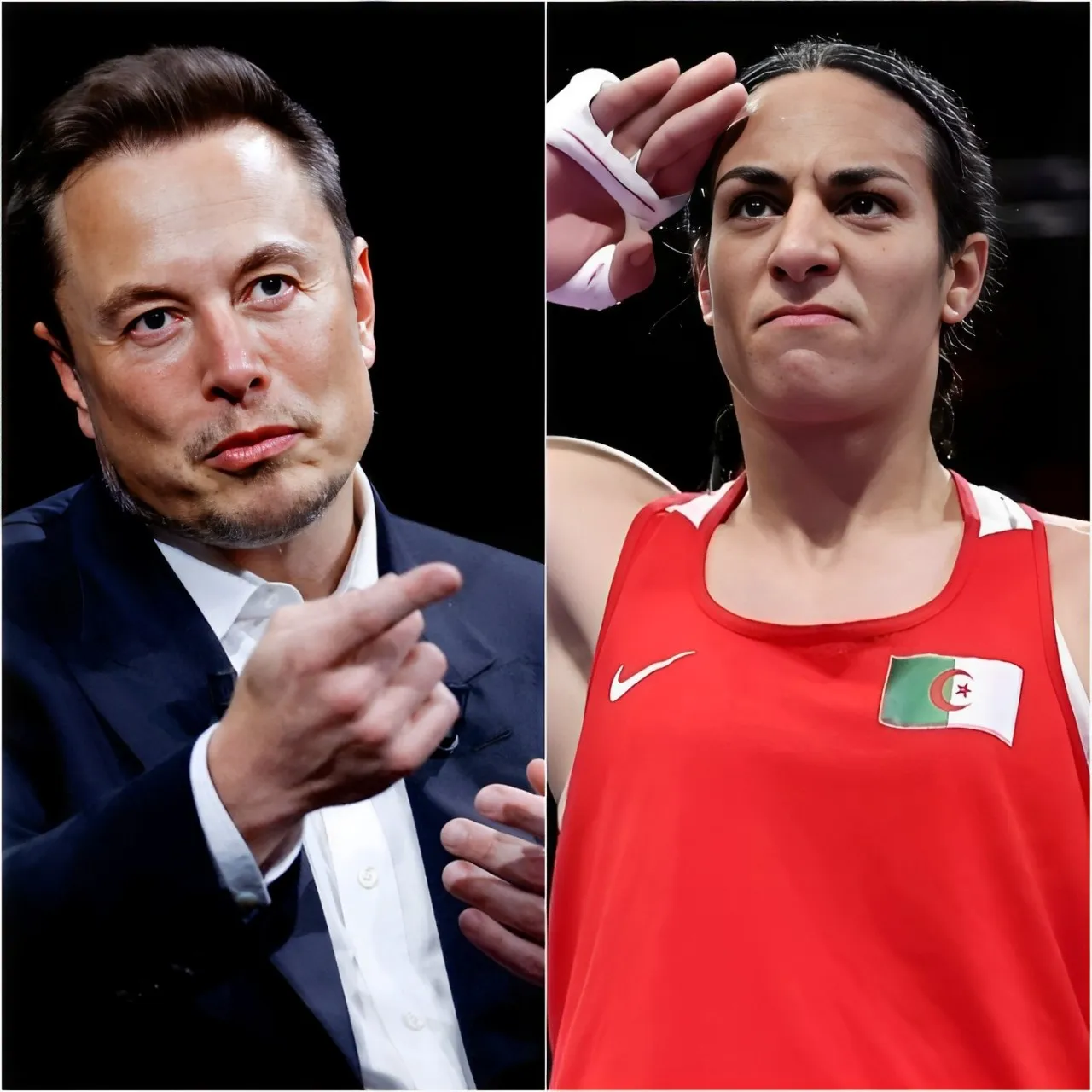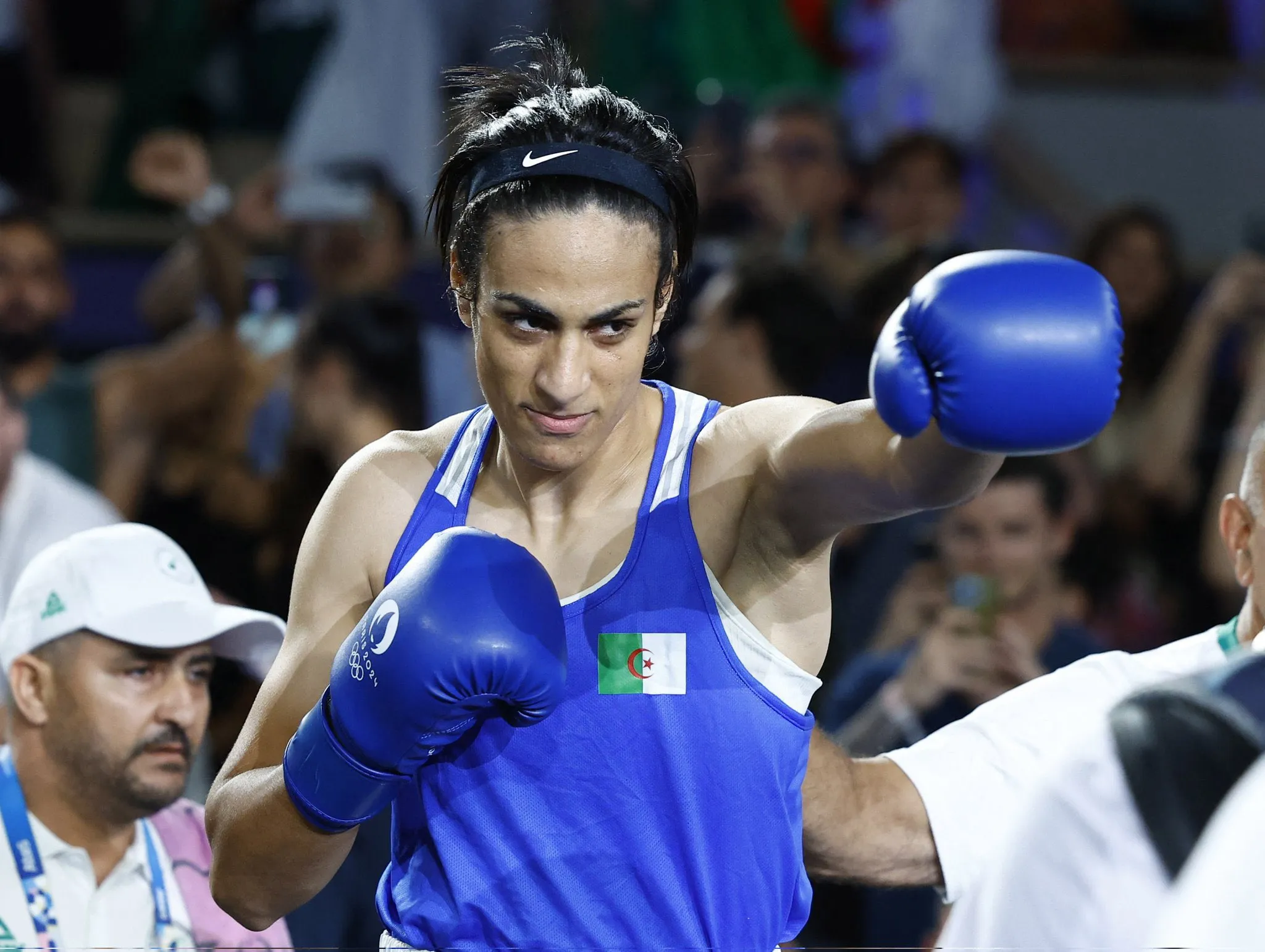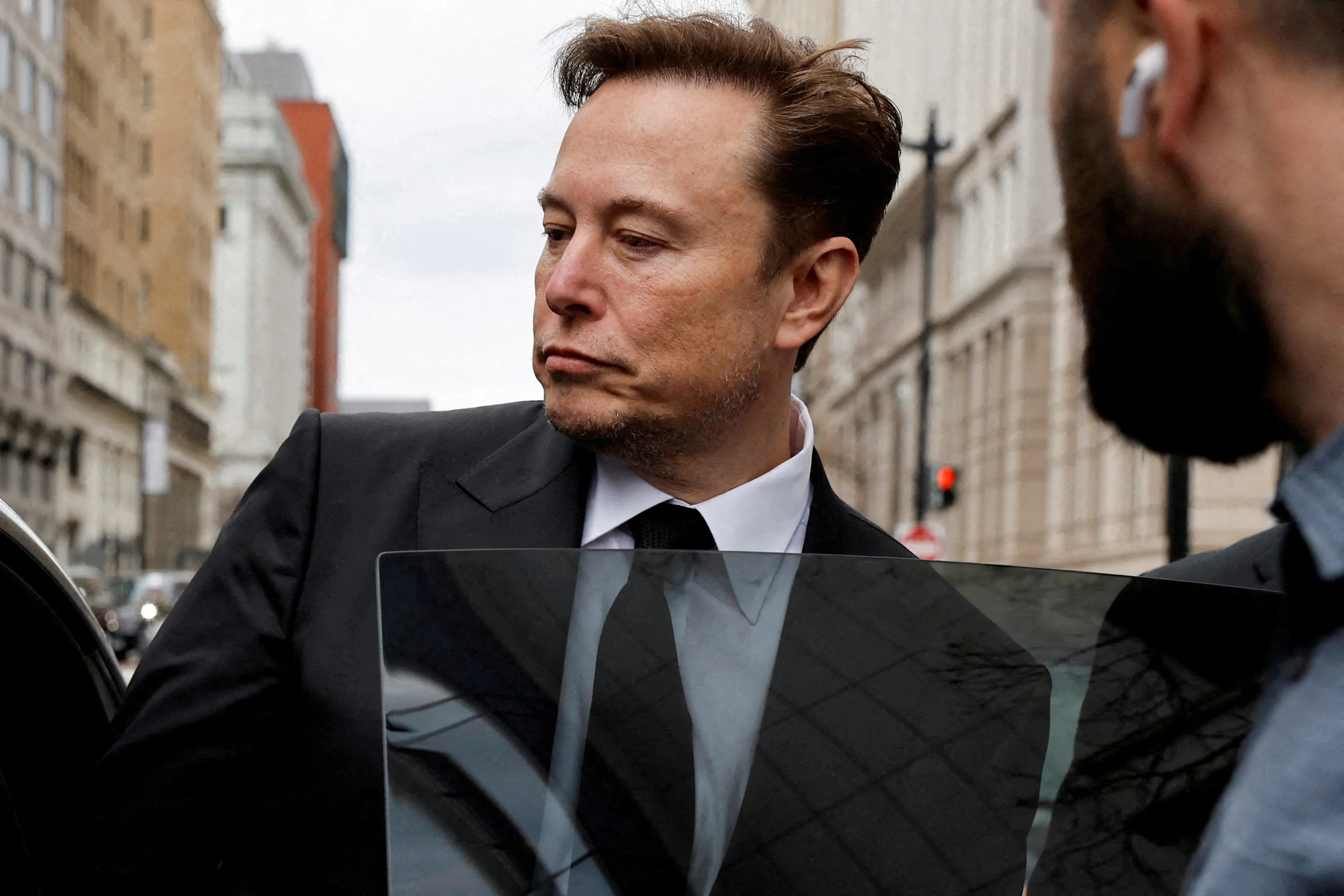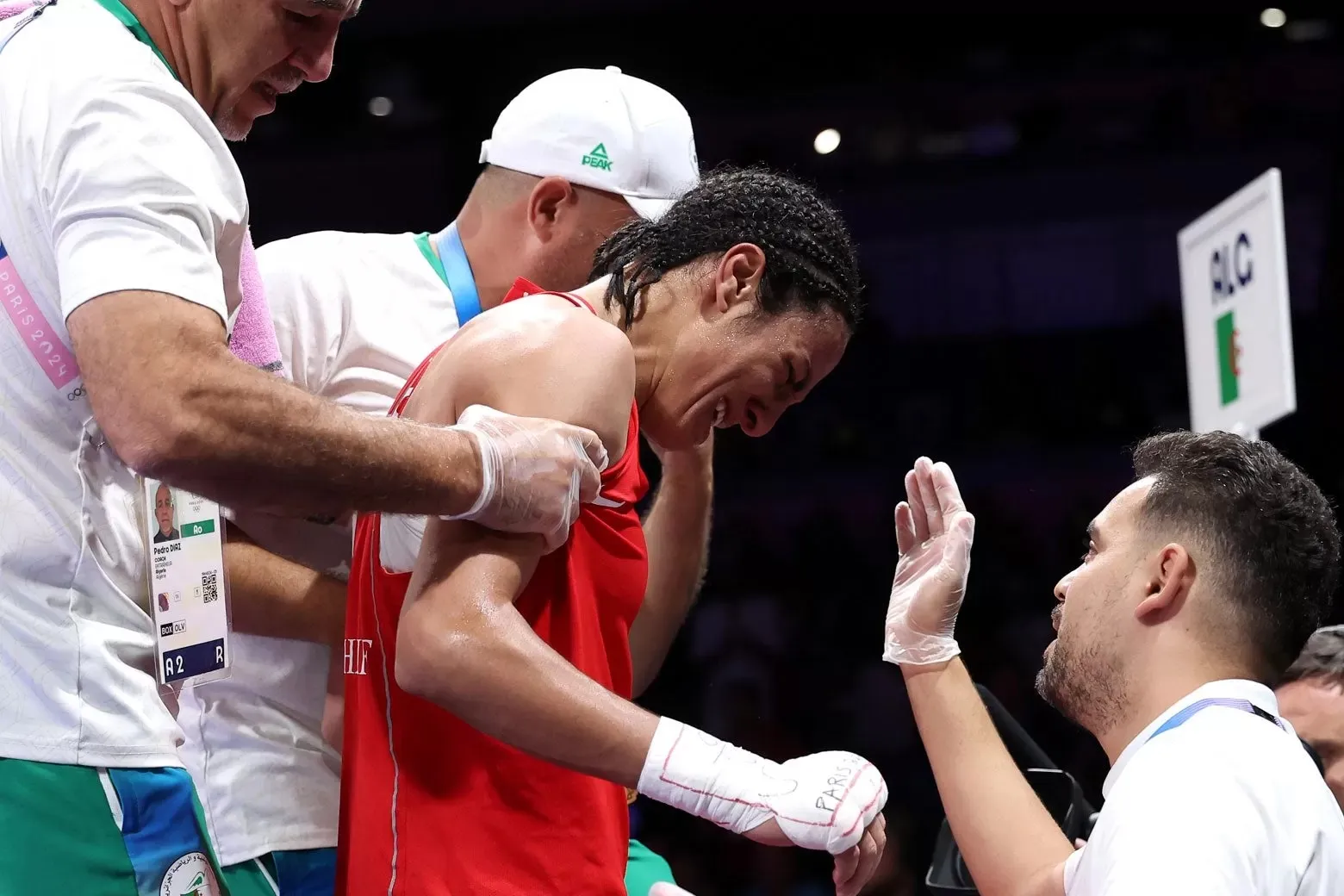Elon Musk Sparks Controversy By Declaring: ‘Men Should Not Compete In Women’s Sports’
Elon Musk, CEO of Tesla and SpaceX, has ignited a storm of debate after making a controversial statement regarding the inclusion of men in women’s sports.

This comment was made on Twitter, and it quickly went viral, drawing a range of reactions from various groups and individuals. His stance touches on the ongoing debate over the participation of transgender athletes in women’s sports, particularly in light of concerns over potential physical advantages.

Musk’s remarks come at a time when the issue of transgender athletes, particularly those who were assigned male at birth but identify as female, has become a hot topic. Some sports have seen transgender women compete against cisgender women, and this has sparked concerns about fairness due to the physical differences that may still exist, such as muscle mass and bone structure, which may provide competitive advantages.
The debate is especially contentious in athletics, swimming, and weightlifting, where physical performance metrics can significantly influence outcomes. Critics of transgender women competing in women’s sports argue that biological males may have physical advantages, while proponents argue for the importance of inclusion and equal rights for all athletes.

Musk’s comment has drawn a polarized response:
Supporters: Many people, including those who have been critical of transgender athletes’ participation in women’s sports, voiced support for Musk’s statement. They argue that fairness is compromised when transgender women compete in women’s events, particularly when they have not undergone full medical transitions, including hormone therapy, to reduce physical advantages.
Critics and Accusations of Transphobia: Conversely, many LGBTQ+ advocates and allies have accused Musk of being transphobic, arguing that his statement fails to respect the rights of transgender people, particularly transgender women. They maintain that policies barring transgender women from competing in women’s sports are discriminatory and unjust.
Sports Figures Speak Out: The conversation has also brought out responses from athletes and public figures. Some, like former tennis star Martina Navratilova, have expressed concerns about fairness in mixed-gender sports, though others, including transgender athletes like Lia Thomas, have defended their right to compete based on gender identity.

Given Musk’s influential position, his words have added fuel to a highly charged debate. His statement calls attention to the need for sports organizations to address the issue of transgender athletes more clearly. For instance, the International Olympic Committee (IOC) and other governing bodies have been faced with the challenge of creating policies that balance inclusion and fairness.
The controversy is likely to continue to evolve, as various stakeholders, including sports leagues, medical professionals, and activists, seek solutions that address the complexities of gender identity in competitive sports.
Musk’s remarks have reignited the debate on the participation of transgender athletes in women’s sports, with no clear consensus in sight. The discussion raises broader questions about fairness, inclusion, and the rights of athletes, all of which continue to be at the forefront of social and cultural debates worldwide. Musk’s position will undoubtedly add to the ongoing conversation, which will likely continue to be a significant issue in the intersection of sports, identity, and equality.





